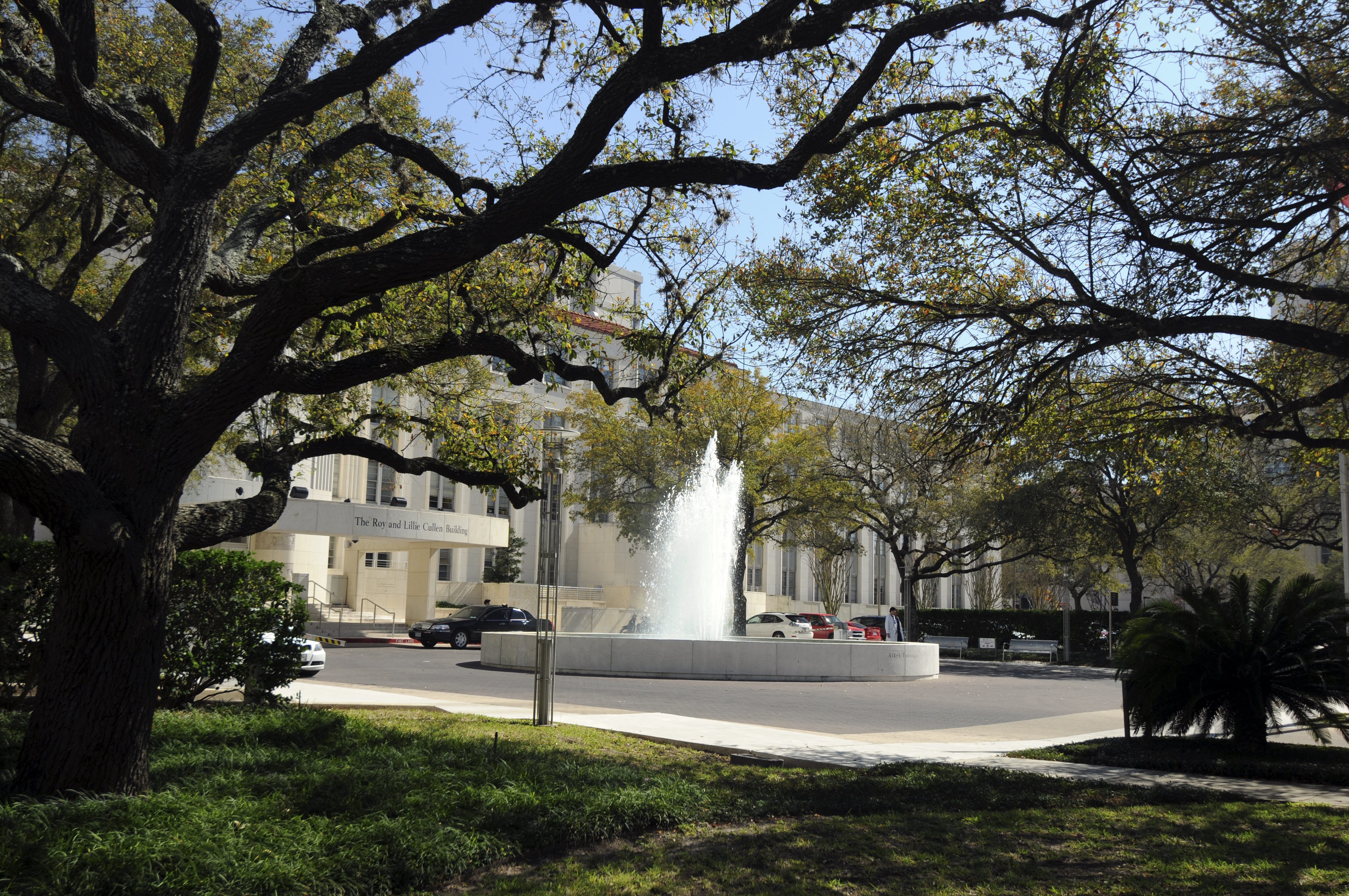April 18, 2022 The way Australians remember the dead is significantly changing, with an increasing shift away from typical style funerals, and the emergence of post-funeral remorse for those who don’t get to pay their respects at a formal farewell.
New research released today reveals that almost one in five Australians have specifically requested that a formal funeral not be held for them, and more than one-third have made a decision not to attend the funeral of a family member or loved one.
According to Steve Kellaway, Managing Director of Olsens Farewells, this meant the industry had to adapt to reflect changing community perceptions, and rethink how it supported those with post-funeral remorse.
The research of more than 1,000 Australians undertaken by Antenna Strategic Insights on behalf of four leading family-owned funeral providers – Olsens Farewells, Walter Carter Funerals, Andrew Kennedy Funerals and Kelly Family Funerals – also found:
· The vast majority of Australians feel a funeral or farewell is important or very important for the grieving process (76 per cent), with those in the 18-24 year and 35-44 year age brackets feeling it is more important than other age groups (81 per cent and 82 per cent respectively).
· 13 per cent of 18 to 44-year-olds have already requested that no formal funeral be held for them.
· The main reason people requested no funeral be held was because they didn’t see the importance of the traditional service (66 per cent). Concern about their friends and family having to deal with the emotional pain and organisational hassles were also factors (37 per cent and 30 per cent respectively).
· A key reason people did not attend a family or loved one’s funeral was distance, followed by a complicated family situation (37 per cent), and it being too painful to go (29 per cent). 22 per cent did not attend due to COVID-19.
· Of those not attending a funeral, more than half reported high levels of post-funeral remorse (58 per cent).
· Those aged between 18 and 54 were more likely to feel non-attendance remorse, with just half of 55 to 64-year-olds, and less than a third (31 per cent) of those aged 65 and older, regretting their decision.
· Around a quarter of respondents were still undecided on whether they would prefer to be buried or cremated, with 56 per cent intending cremation and 18 per cent intending burial.
· More than half of all respondents (58 per cent) said they would be more likely to opt for a cremation if creative options for the ashes were available, such as being pressed into a jewel, being placed in fireworks or mixed with ink for a tattoo.
Mr Kellaway said the research showed an interesting shift in how funerals were perceived in the community.
“The approach to death in Australia is experiencing significant change, particularly in regard to traditional funerals,” he said.
“It’s clear that the ritual of the funeral remains important for the grieving process, and non-attendance of a loved one’s funeral results in a high level of regret – something we particularly saw exacerbated by COVID. But it is clear the funeral industry is on the cusp of significant evolution, and as society and trends change, we all need to offer people more choices that fit today’s attitudes.
“For some, a classic funeral format for either religious or personal belief will still ring true, and these services will remain. Yet for an emerging number of the population who want more flexibility and choice, these farewell style formats are personalised to meet their needs.”
Dale Maroney, Managing Director of Walter Carter Funerals, said an increasing number of families were looking for alternative and unique ways to farewell their loved ones.
“This research is testament to the growing sentiment of Aussies to shake up the traditional funeral, and smaller independents such as Olsens and Walter Carter are at the forefront of this change,” Ms Maroney said.
“We are creating places to hold a funeral unlike the traditional chapel offering – new spaces that meet our diverse community’s needs. Our funeral consultants also regularly work with families to hold farewells at other venues like beaches, art centres, and local surf or bowling clubs.
“The study actually found that more than half of Australians would be more likely to have a farewell if it was somewhere other than a church, crematorium or chapel, with beaches and parks topping the list of the ideal locations.”
Mr Kellaway added that one thing not changing was the need for people to feel supported throughout the process.
“We have developed a Charter which details our promise of service to our community, staff, and the broader industry. We are also sponsoring a new online support resource YourLoss.com.au, which offers guidance and resources on all aspects of death and bereavement.”







